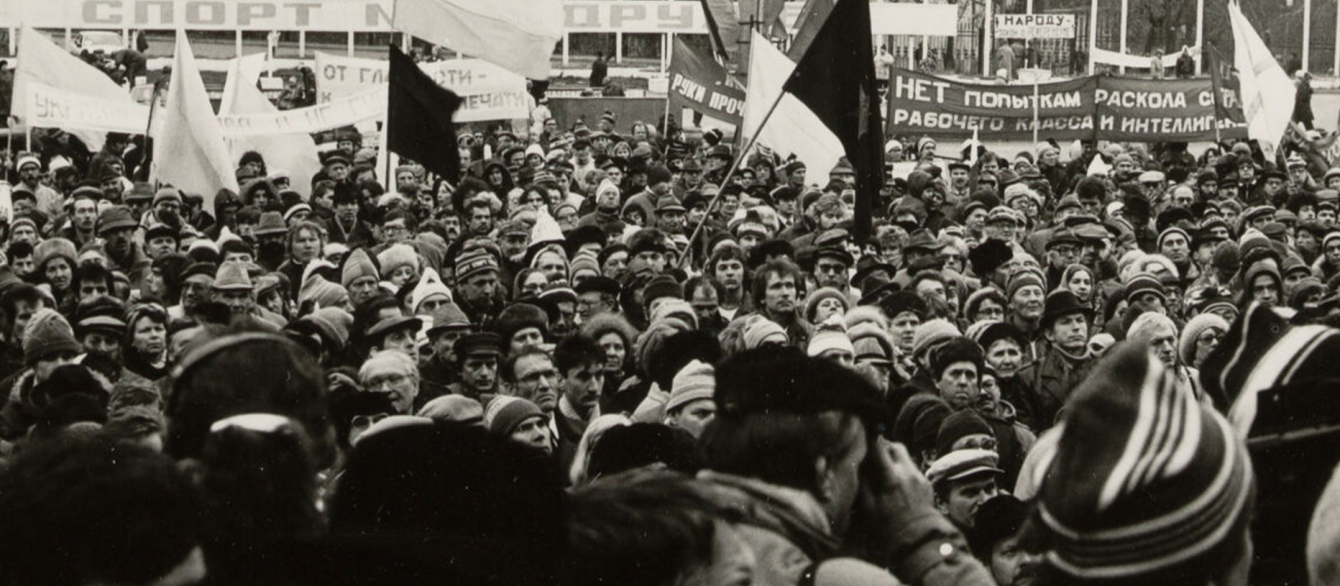Russia’s full-scale invasion of Ukraine in 2022 has shaken up the whole ex-Soviet region, sharpening debates about countries’ trajectories forward and dramatically ratcheting up uncertainty about the future. In this shifting geopolitical context, we see both elites and opposition groups in places once ruled from Moscow authoring their own proposals for reform. Tracking and assessing these proposals has become vital for anyone hoping to genuinely understand the region or develop relevant policies.
The Davis Center’s newest research initiative, Analyzing Post-Soviet Reform Proposals, aims to develop the toolkit necessary for such assessments — one that will be useful far beyond the ex-Soviet region. Headed by political scientist Irina Busygina, the research team will analyze and compare reform plans put forward by ruling elites, opposition groups, and external actors in five former Soviet republics: Belarus, Kazakhstan, Moldova, Russia, and Ukraine. Questions to be considered include: What is the basic content of these reform projects? What are their main goals? Are they internally consistent? Are their authors realistic about the resources needed for implementation? Do they provide for compromise with other stakeholders? What are their timelines? What role might be played by exogenous factors, including other countries?
One of the initiative’s key goals is to create a universal methodology for assessing and comparing reform projects, but the research that informs the creation of this tool will itself have both academic and practical value.
First, the comparative nature of the project — known for short as the Post-Soviet Reforms Initiative — will advance scholars’ and practitioners’ understanding of political and economic trajectories in the so-called post-Soviet space. It will do so by closely looking at reform proposals’ viability, similarities, differences, and interdependencies. The case selection will also highlight trends toward democracy versus autocracy and probe states’ attempts to balance consequential, changing relationships with major global players — the U.S., Russia, Europe, and China.
Second, the project will yield analysis and data of value to policymakers: What reform plans are on the table? How realistic are they? Who are the players involved and what are their perceptions and intentions concerning their countries’ future?
While the post-Soviet legacy shared by the selected countries may prove to be an important variable in determining possibilities for reform, the assessment tool produced through this work would be applicable to reform efforts worldwide.
In addition to the assessment methodology, the initiative is expected to generate academic articles, policy papers and memos, and public discussions and presentations.




